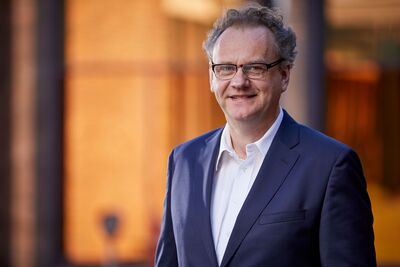Brown coal gasification proposal questioned

Catalysis scientist and entrepreneur Professor Thomas Maschmeyer has questioned proposals to generate liquid hydrogen from brown coal fields by gasification. Professor Maschmeyer’s comments follow an announcement by EnergyAustralia that the Yallourn power station in Victoria’s Latrobe Valley will retire in mid-2028 instead of 2032.
Professor Maschmeyer, who is from the University of Sydney Nano Institute and the recipient of the 2020 Prime Minister’s Prize for Innovation, said, “At this stage I cannot believe that the economics or environmental aspects for this proposal stack up and cannot see the case for support with public money.
“There does not exist any commercial-scale capture of carbon dioxide of the type required for such a venture and the overall capital and operational expenditure for the process as a whole will be very high.”
Professor Maschmeyer explained that gasification is an extremely energy-intensive process and commented that gasifying brown coal is unheard of.
“All the water, which makes up 50% of brown coal, has to be evaporated first for no gain,” he said. “The inorganic sandy part then forms slag in the reactor, leaving not much organic matter to gasify per tonne of as-mined coal. The extracted gas then has to be cleaned and pass another reactor to generate a pure hydrogen stream, which needs to be separated from the CO2.
“Following this, the costs of capturing, compressing and transporting the CO2 generated for reinjection into a well will be very significant in terms of capital expenditure, operating costs, energy used and associated CO2 emissions.”
Noting that the project was currently an early idea, Professor Maschmeyer said that it should be scrutinised in terms of simple energy and mass balances (ie, efficiency and waste generated), as well as economics to enable an appraisal for its feasibility.
Aula Energy expands solar portfolio
Aula Energy has acquired 1 GW of operational solar farms and a development pipeline of up to 800...
Community mistrust puts renewable energy rollout at risk
Australia's clean energy rollout is accelerating; however, delays persist across rural and...
NSW to exceed energy storage targets
The state government has awarded contracts for six new long‑duration battery projects to...









